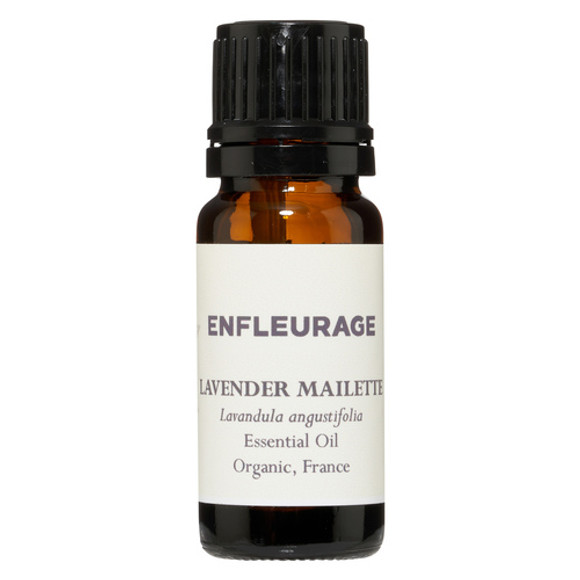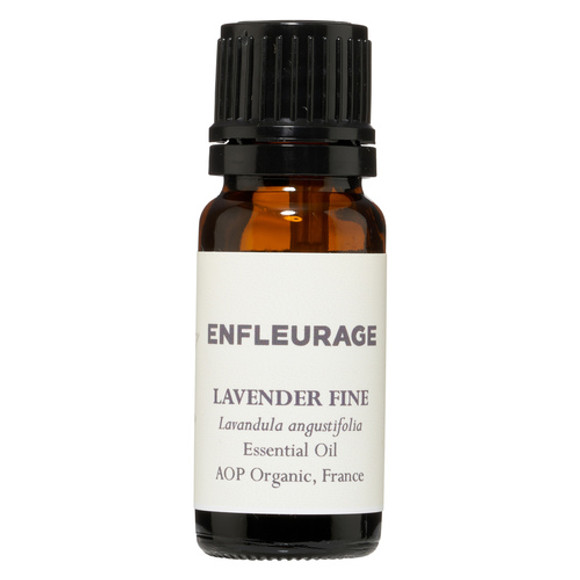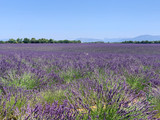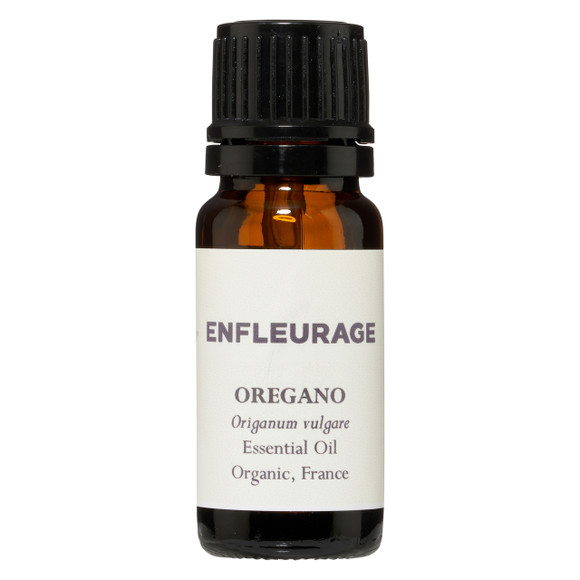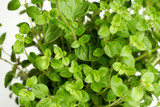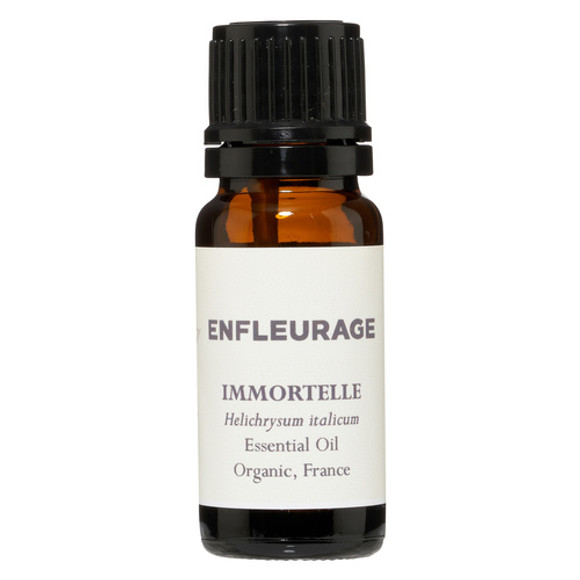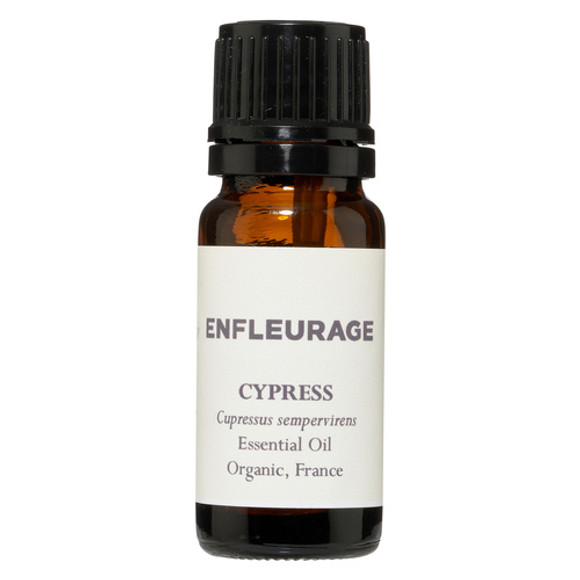Lavandula angustifolia
Our lavenders are all grown in the south of France, which is the geographical area most associated with lavender production. You can find lavender in a range of climates such as Italy and California, to Bulgaria and the UK, to Russia, the Himalayas, Australia, Argentina……lavender is hardy and drought tolerant, and can even deal with many winters, although this depends on the variety and our lavender are all from Provence and the Maritime Alpes directly to the north.
(If you are considering growing lavender and live in a cold place, consider lavandin, as it’s hardier, I hear. But this is a different subject)
We have three lavenders—they are all Lavandula angustifolia, but different varieties.
All of our lavenders are excellent quality—you can’t go wrong.
Lavender Mailette—this is a clonal lavender; it’s not grown by seeds. Originally from Valensole, France, it’s sometimes known as “English Lavender” as grows in a broad range of terroir, the flowers are beautiful, tiny, barrel shaped (as opposed spiky) plum to lilac star-shaped flowers, deep purple, and with a distinctive, strong and soft, sweet fragrance. It’s a very comforting and soothing lavender, and if you grow them, they will perfume your entire garden with the encouragement of the sun. Lavender mailette has a strong, sweet and distinct aroma; very high proportion of linalyl acetate, which is considered to be most important constituent for lavender’s soothing and relaxing, antispasmodic aromatherapy effects. It’s a perfect choice if you are making blends, or soaps, or anytime you want a friendly and delicious lavender
Lavender Mailette was first introduced to the United States in the early 1980’s; and the credit of this goes to Pierre Grosso, who is the same Grosso we associate with another major lavender variety, of course: Lavander Grosso.
Pick this lavender if you’re unsure, or wanting a good stand-by-you, always beautiful, always true to herself lavender. Also for culinary use in gelatos or chocolates, this lavender will be happy with sweet flavors…honeys, teas, desserts.
This essential oil comes from certified organic plants.
Lavender Fine--This is a cultivated lavender, grown from seeds, and it’s certified AOP. (Appellation d'Origine Protégée is a French term which translates to Protected Designation of Origin in English.)
It’s a population lavender, meaning there is some variety genetically; it’s not clonal. So it’s representative of the natural lavender population. It’s certified organic, grown at altitude in the Haute Provence.
To me, this a delicious lavender, with a evocative sense of some of my favorite lavender fields. Perfect for edibles, skincare, perfumery, aromatherapy of course….anytime you want to visit those blue skies, rugged terrain, and softly sweet fields of purple and green.
Lavender Wild—this is a specialty of one of our oldest suppliers who has just retired and handed her small distillery over to a new and enthusiastic young couple. We look forward to their new experiments and innovations, while still relying on the sun and living in a stone house high in the Maritime Alpes behind Nice.
This lavender is not grown—it’s wild crafted and cut by hand, using sickles. It’s distilled under lower heat, as the higher elevation means water boils at a lower temperature, enabling more constituents (mainly esters) to come over in the steam. Instead of boiling at 100C, higher altitude distillations will boil at 90-94C, meaning less constituents (esters, mainly) are lost in the hydrolysis and find themselves present in the essential oil. This is our most complex and interesting lavender. Again, perfect for culinary use, skin care, aromatherapy, diffusers……. This lavender is a bit more complicated, a bit more sophisticated perhaps.
All three of our Lavenders are excellent—I use all three myself and switch from time to time just for a change rather than a solid preference for one or the other. All are excellent.
Sunset spills over
sunset spills over
with lavender and lilac. . .
the empty garden
-Andrea Dietrich
Fields of Lavender
Millions of flowers
Asunder in vast fields
of Splendid lavender.
-James Fraser
From Arctander
Lavender oil is steam distilled from the freshly cut flowering tops of Lavandula officinalis…the plants are found in the south of France where they grow at the medium altitudes of the mountainous region from 600 to 1500 metres (although our wild lavender comes from 1600-2000 metres.) He goes on to explain where else lavender is cultivated but this is out of date—1960—and some places have stopped due to political climate while others have started and even become large suppliers of lavender on the world stage such as Bulgaria, which was not the case in 1960 as it was a satellite state of the USSR. He also lists the USSR as being a strong lavender supplier……today we find strong lavender crops in California, India, and throughout North Africa. Arctander also says these regional lavender harvests are not even sufficient for their own, domestic needs. He points out that he’s not talking about English lavender at all as it’s a completely different lavender variety and of course it is—the terroir is completely different. He is very adamant that we should realize that English lavender oil is distilled from flower material with very few stalks or leaves and compares to Rosemary “flower” oils.
He describes the French types as a “colorless or pale yellow liquid of sweet, floral-herbaceous refreshing odor with a pleasant, balsamic-woody undertone. An almost fruity-sweet topnote is of a very short life, and the entire oil is not distinguished by its tenacity in odor. It is used extensively in colognes (citrus colognes or lavender waters), in fougères, chypres, ambres, and countless floral, semi-floral or particularly in non-floral perfume types. This oil blends well with bergamot and other citrus oils, clove oils, oakmoss, patchouli, rosemary, clary sage, pine needle, etc. He recommends labdanum as a fixative. He goes on to champion lavender by saying: True Lavender oil is still unequalled as a popular, fresh-sweet, herbal-floral fragrance in lotion, colognes, or as an additive to modern perfume types, aldehydic bases, spice compounds, etc.
Battaglia says
There are lots of traditional uses for lavender—too many to list here—I highly recommend buying his book: The Complete Guide to Aromatherapy. He recommends it in part for the following:
Anti-spasmodic
Anti-anxiety
As a cardiovascular regulator
To help ease dementia
For headaches
Menstrual pain and cramps, PMS
As a sedative and sleep enhancer
Muscular aches and pains
The nervous system of course
Wound healing properties
Lots of these actions are enhanced by the anti-anxiety benefits I think—lavender is excellent at promoting calmness and balance, emotional stability, and ease of stress and tension.
And let’s not forget minor burns. We always have a little of lavender oil handy in the kitchen, just in case.
Safety Warning
As with most essential oils, dilute before using on skin. Perform a patch test before use if essential oil sensitivity is suspected. Do not take essential oils internally. Do not use on children or pets. Seek advice from a trained aromatherapist before using on people with compromised immune systems. Keep away from eyes and mucus membranes.
Enfleurage makes no medical claims relating to any products, essential oils or otherwise, on our website or through social media. We are an essential oil company, not doctors, The FDA has not evaluated the statements on this website. We present our information in order to educate our customers on traditional and general uses of essential oils; in no way do we diagnose, cure, treat, or prevent any disease or condition.
You the customer are responsible for understanding the safe use of any and all of our products, including essential oils, and use them accordingly.







